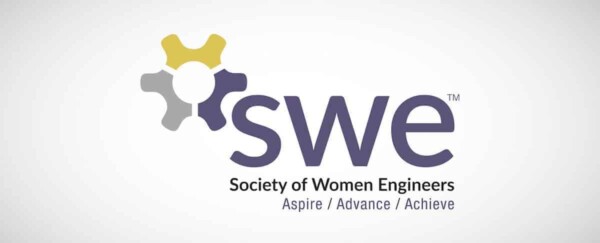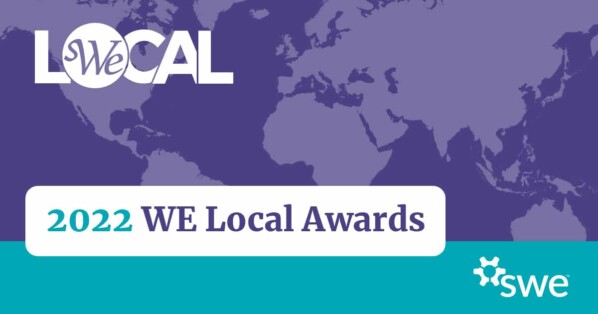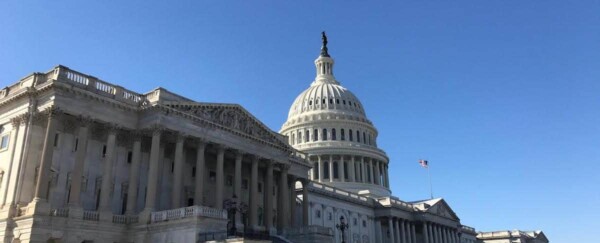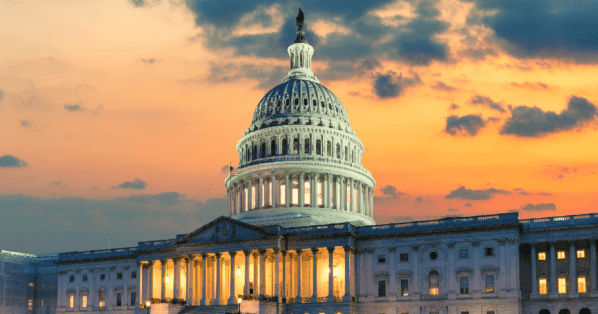Over the past year, SWE has continued its endorsement of legislation and regulations that combat sexual harassment and gender discrimination at school and the work place. For example, SWE endorsed the Combating Sexual Harassment in Science Act, introduced by Science Committee Chairwoman Eddie Bernice Johnson (D-TX) early this year. SWE also submitted formal comments in response to the Department of Education’s (ED) request for public comments on the proposed guidance (which received 124K comments) regarding how to implement Title IX and raised concerns about the regulations benefitting institutions rather than decreasing barriers for those who report sexual harassment.
In case you need a refresher, the U.S. Department of Education’s Office for Civil Rights (OCR) is charged with enforcing Title IX of the Education Amendments of 1972 (commonly referred to as Title IX), which protects people from discrimination at institutions that receive federal financial assistance from ED. The person in charge of OCR, Assistant Secretary for Civil Rights Kenneth Marcus, has been on the job officially since his Senate confirmation in June of 2018.
This issue is also one of the key points to stall Senate negotiations to reauthorize the Higher Education Act. (The House majority will make public its own version later this fall.) According to reports from members of the Senate HELP Committee, the committee assigned most education matters, is that members cannot agree on language to address live hearings for campus proceedings and cross-examination rights (sometimes referred to as “due process” rights) for accused students or whether it should be included at all. Federal guidance under the Obama administration discouraged cross-examination of complainants, for fear it could be used to suppress accusations, but the new proposed guidance from the Trump administration would require colleges to allow it.
Advocacy groups continue to raise concerns about both the proposed rule and any legislation that tips the scale against the rights of the victim. For example, Shiwali Patel, senior counsel for education at the National Women’s Law Center (NWLC), in an Inside Higher Ed article recently questioned how “schools going to ensure there are meaningful protections against inappropriate or victim-blaming questions,” if HEA mandates a single process for all schools and bans the single-investigator model used by the previous administration. Still the courts, including the U.S. Court of Appeals for the Sixth Circuit, continue to support live hearings and due process protections for the accused and with two cases against the University of California system and Michigan State University on the same subject awaiting class action certification, it is not likely this debate will be solved soon.
However, OCR has been active on two high-profile investigations of systemic violations of inadequate Title IX-related supports. Those investigations led to an unprecedented $4.5 million fine against Michigan State University and a resolution agreement with Chicago Public Schools after ED had already withheld some funds from the school system this past year in response to its own investigations. These investigations have garnered good press for ED which had been lambasted by civil rights advocates over the proposed rules. Therefore, many stakeholders believe ED will hold off a little while longer on releasing the final guidance, either simply to take advantage of the good press or possibly signaling the agency has heard and is willing to incorporate some advocate feedback.
Related SWE content:
- SWE’s Advocacy for Women in STEM Won’t Stop
- SWE Holds Congressional Visits Day
- Title IX Still on the Brink
- Sexual Harassment of Women: Climate, Culture, and Consequences in Academic Sciences, Engineering, and Medicine
- SWE Submits Comments to Department of Education on Proposed Changes to Title IX Guidelines
Author
-

SWE Blog provides up-to-date information and news about the Society and how our members are making a difference every day. You’ll find stories about SWE members, engineering, technology, and other STEM-related topics.






